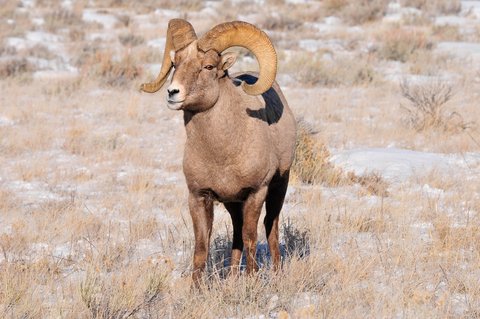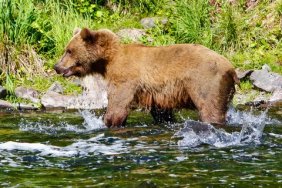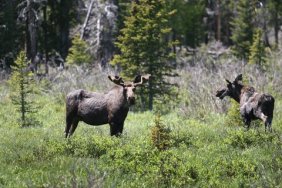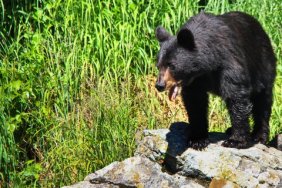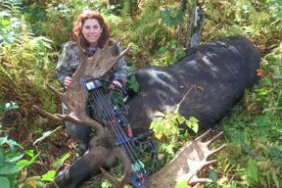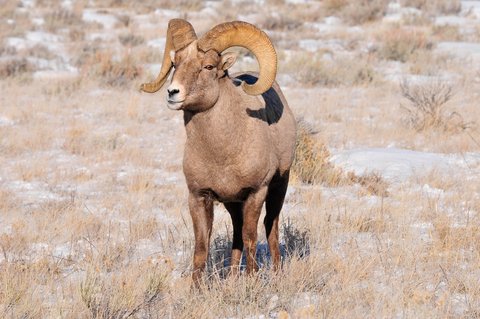
There are tens of thousands of wildlife in Nevada and just one veterinarian. Now that’s one major access issue. Fortunately she doesn’t have to tend to all of them.
Most of animals Peri Wolff examines area actually dead. It’s her job to figure out why they died and determine what that cause has to tell us about a given herd. And because, as in many states, there is just one person dedicated to this job in Nevada, Wolff is calling on hunters and other outdoors enthusiasts to keep a look out and report any unusual signs to her office.
“Our sportsmen and women are some of the best eyes and ears on the ground because they’re out scouting,” she told Nevada Wild in a podcast. “They know the animals and recognize normal behavior. Each year, they collect a large number of biological samples on our behalf and provide reports we follow up on.”
Many times hunters contact her about something they notice while butchering the animal, but Wolff explains that almost everything a hunter encounters will not affect the meat. Just cook the meat thoroughly, she said.
In the bighorn sheep population, officials are always concerned about pneumonia. Common signs are lethargy, meaning having no energy, head shaking; or coughing.
“We want them to report to us if they see an animal that is behaving abnormally or is in very poor body condition,” she explained. “We have received reports from people in the field that have helped us detect disease outbreaks in everything from bighorn sheep to waterfowl.”
To report wildlife concerns in your state contact the appropriate department governing fish and wildlife and ask to contact the state wildlife veterinarian.
